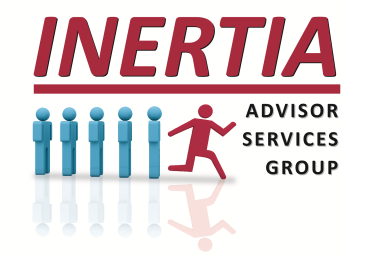The 12 Questions Adult Children Should Ask Aging Parents…..But Don't!
Regardless of the reason for the family gathering as the backdrop, it's often an excellent environment for essential conversations about the well-being and future of their aging parents. Consider guiding clients to a better understanding and foresight into the lives and thoughts of aging with the answers to these 12 crucial questions about Healthcare In Retirement and Long-Term Care (LTC) Planning.
1. Health: Are there any existing medical conditions or concerns we don't know about or should be aware of?
Understanding the current health status of our aging parents is the first step in ensuring their well-being. Initiating a conversation about undisclosed medical conditions fosters transparency and allows us to provide the necessary support.
2. Living Arrangements: Have you considered any "senior living" options as you age, or would you prefer to Age In Place and stay in your current home?
Exploring preferences for living arrangements as they age is crucial, whether contemplating senior living options or wanting to age in the comfort of their current home. Knowing a parent's preferences helps plan for the future.
3. Care Preferences: How do you envision receiving care if needed, and are there specific preferences or concerns about the type of care you would like?
Discussing preferences for the type of care, be it at home, assisted living, or nursing home, opens the door to understanding their desires and expectations regarding their well-being.
4. End-of-Life Wishes: Have you thought about your preferences regarding end-of-life care and interventions?
While it may be a sensitive topic, discussing end-of-life wishes is essential to LTC Planning. Knowing their preferences allows the family to honor choices and provide support in line with their values.
5. Support Network: Who would you like to be involved in decision-making regarding your care, and should other friends and family participate in this discussion?
Building a support network is vital. Identifying individuals involved in decision-making and including friends and family in the conversation ensures a collaborative approach to caregiving.
6. Legal Framework: Is your will/trust, power of attorney, healthcare directives, final arrangements, etc. current, and where can we find copies of the documents?
Ensuring that legal documentation is up-to-date and easily accessible is critical for a smooth transition in times of need. Knowing where to find these documents is equally important.
7. Financial Planning: What financial preparations have you made for potential care needs, and does or will that include insurance-based solutions to cover those costs?
Understanding the financial aspect of this planning topic is essential, and discussing preparations and potential insurance solutions ensures financial resources are in place to cover care costs.
8. Daily Activities: What specific daily activities or routines are essential to you to support your independent lifestyle?
Acknowledging the importance of daily activities supports maintaining an independent lifestyle, as understanding their needs allows the family to tailor caregiving plans accordingly.
9. Memory Care: What are your thoughts about plans for memory care, and have you contemplated any specific considerations for Alzheimer's or dementia care?
If memory care is a consideration, discussing plans and specific considerations for conditions like Alzheimer's or dementia is crucial for providing the proper support.
10. Social and Recreational Activities: Are there any new social and recreational activities that might bring you joy and fulfillment, and how can we ensure these activities are integrated into your plans?
Ensuring that social and recreational activities are incorporated into their plans contributes to their overall well-being and happiness. Identifying new activities adds a touch of joy to their routine.
11. Transportation: How do you plan to handle transportation needs as you age, and are there preferences for assistance with transportation or mobility?
Addressing transportation needs and preferences ensures that arrangements are in place to support their mobility as they age.
12. Memorialize, Review, and Update: How should we document this activity, review and update your preferences, and address any necessary changes or updates you would like in the future?
Establishing a process for documenting, reviewing, and updating preferences ensures that plans remain relevant and aligned with their evolving needs.
Give your clients the empowerment derived from open and honest conversations with aging parents, as encouraging them to address these 12 questions will enhance your advisory relationship and help clients address necessary multi-generational planning.
231220

